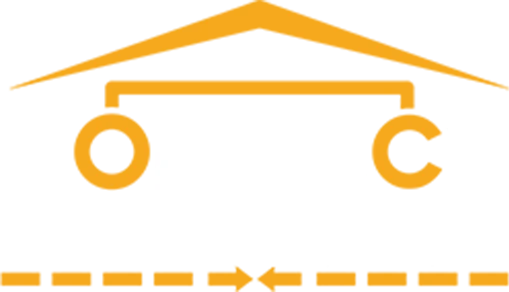October is here and that means finally adjusting your HVAC system from cold to hot. With this adjustment comes an adjustment in your heating bills, which always puts a damper on your winter funds. Rather than pay high costs for your winter heating, consider the following energy saving tips that can ease the drain on your bank account during the heating months and all year long.
Every home is comprised of several systems and each system consumes its share of the energy budget. The goal of any energy-saving strategy is to shrink the size of the budget by organizing and prioritizing energy-usage modifications, short-term efficiency projects and long-term efficiency projects, upgrades and system replacements as they arise.
As we enter into Fall, now is the time to prepare your home for the winter. Waiting until winter may be too late. You don’t want to have your furnace break down in the middle of winter when the outside temperatures are cold. So take some time now to prepare ahead of time to give you the most efficient heating.
Here are several tips that will help you so save energy in the cold winter months that lie ahead:
- Home Energy Checkup – Perform a home energy checkup. this will help you to determine where your home is losing energy and losing money. A professional technician, like Connect Building Services, can provide this check up for you. You can learn more about home energy checkups by going to the government’s energy website onHome Energy Audits.
- Locate Air Leaks – You can save up to 30% per year by locating and sealing off air leaks in your home. Look for gaps around windows, doors and along baseboards. Use a caulking gun to seal them up.
- Insulation – Check your attic and walls for lack of, or insufficient insulation. Add or replace insulation as needed.
- Heating Equipment – Clean out your furnace area and make sure you have a clean filter. Also inspect the ducts to make sure they are clean and unobstructed.
- Appliances – Consider replacing old appliances with energy-efficient ones. Consult with Connect Building Services on how you can prepare your home for energy efficiency this winter.
Window Treatments
Windows are one of the most important components of the home’s envelope and they deserve special treatment. As much as 40-percent of a home’s heat gain/loss may occur through windows.
-
- Today
– Older windows typically offer poor R-value. If you touch any window on a cold day or any sun-facing window on a hot day, you can see for yourself how substantial heat gain/loss is for your windows. Open sun-facing window coverings during the daytime (heating months) and close them at night.
- Today
-
- Short-term
– Drape your windows in layers, such as utilizing close-fit blinds, sheer curtains and heavy curtains. By doing this, you can adjust coverings as needed for optimal light infusion and minimal heat loss.
- Short-term
-
- Long–term
– Window screens and films are practical efficiency treatments that boost R-value, block damaging UV rays, and still allow light into the home. When it’s time to upgrade your windows due to improvements, consider Energy-Star qualified windows for better efficiency.
- Long–term
HVAC Energy Saving Tips
The largest part of your energy budget goes to home heating. The performance of your furnace is vital for home safety and comfort. Regular professional furnace maintenance keeps your system in great condition, which can prevent breakdowns and failures.
-
- Today
– Check your air filter. A clean air filter reduces energy costs and reduces the pressure drop across the furnace blower. You should also use ceiling fans during the heating months to help circulate airflow. The ceiling fans should pull air up toward the ceiling during the heating months (with clockwise blade rotation) and push air down during the summer (counter-clockwise).
- Today
-
- Short–term
– The furnace and venting system should be inspected and tuned up each fall by your HVAC professional. Make sure the venting is clear of obstructions and continue to keep an eye on the venting system.
- Short–term
-
- Long–term
– If your furnace has needed repairs in the past few years and is more than 10 years old, consider upgrading to a high-efficiency furnace. The energy savings are immediate and the return on investment helps pay for the replacement costs in a few years.
- Long–term
For more information on energy saving tips and preparing for the fall and winter months to come, contact the professionals at Connect BS.

